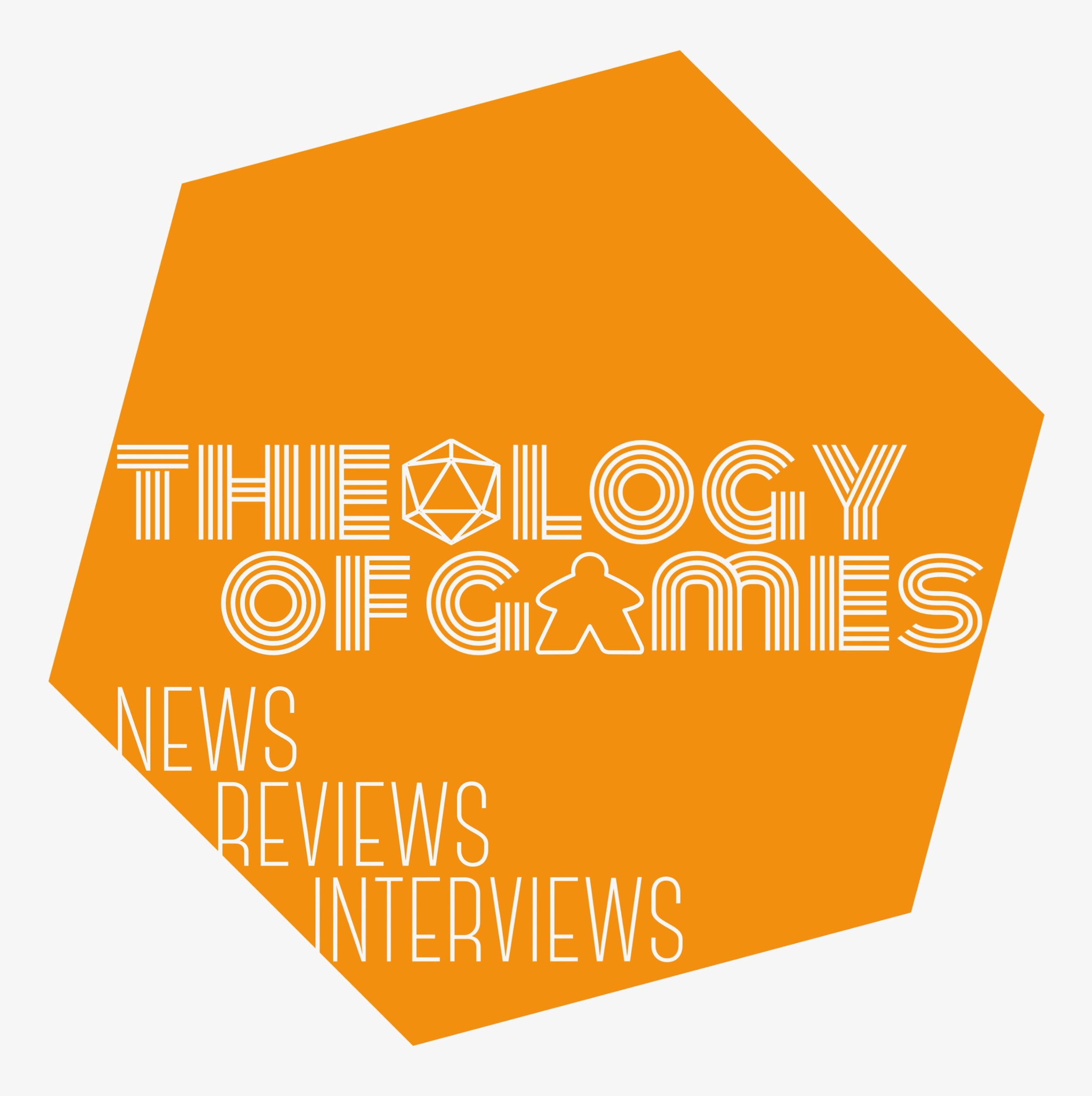A Double-Take Review: Ruse
/ - by Firestone and Jeremiah
Earlier in the week we were both sent advanced copies of Bonsai Games' latest endeavor, Ruse—they're Kickstarting the game in collaboration with Game Salute's Springboard program. So today we're both giving our thoughts on the game in this Double-Take review of the steampunk, who-dun-it.
- by Firestone and Jeremiah
Earlier in the week we were both sent advanced copies of Bonsai Games' latest endeavor, Ruse—they're Kickstarting the game in collaboration with Game Salute's Springboard program. So today we're both giving our thoughts on the game in this Double-Take review of the steampunk, who-dun-it.
The game takes place in the very steampunky Victorian city of St. Sebastian. A murder has taken place, and the players spend the entire game pointing fingers, placing blame, and weaving convincing tales so as to prove their innocence, and find the true killer.
The Game Play—The actual game itself is quite simple. The deck is based on a traditional 4-suited deck of cards. Two suits are accusations (split into 3 types: motive, method, and opportunity), and two suits are alibis. Each player chooses a character card, is dealt five cards and the game begins. On their turn players draw a card and then performs one of the following actions: Play an accusation, provide an alibi, or simply discard. If a player cannot provide an alibi, once per game they can turn their character card over to a portrait that has pretty shifty eyes, and simply cover up an accusation... If you have a number 9 accusation in front of you, the only thing that can get rid of it is the 9 card from one of the two alibi suits. So hand management is fairly important here. Do I save that alibi for myself? Which card should I discard? They might want that one! But if I put that accusation on top, they'll just draw it right away and play it on me... The game is full of interesting decisions on how to manage your hand and discards.
End Game—The game ends when you've figured out "who-dun-it," and that happens when, at the end of a player's turn, that player has one of each accusation type played on them, and can no longer provide an alibi for any of them. That player is then given the spotlight to tell their tale, and why they had no choice but to do the dastardly deed.
Jeremiah—The mechanics of the game are ultra streamlined—they seem well-thought-out and tested. When I read the instructions, I thought for sure it was going to be a pile-on-the-weakest-player situation, and it almost never got to that.
Firestone—Our game got to that a little. Two of the four suits are for accusations, and in our 4-player game, three people had one of those suits in front of them, and I had the other. I think because I was all alone in that suit, it made it easier for me to be a target. I don't blame them; they smelled blood in the water and came after me. Surprisingly, I was able to fend them off and not lose.
Jeremiah—The game takes its charm because of the storytelling aspect, and the steampunk world it is set in. The meat of the game lies in the fact that instead of just simply trying to play 3 accusations in front of someone, the whole time players are telling a tale of lies and deception while trying to pin the crime on everyone but themselves.
Firestone—That was my group's favorite part. There was a lot of smiling at the table as someone would happen to pull just the alibi they needed for an accusation in front of them, and they could dramatically say, "Ahhh! You may have thought I was the last person to be seen with the victim [throws down just-drawn alibi], but in fact, she was seen alive afterwards, so it couldn't have been me!" Truth be told, there were a few cards our group thought didn't make a whole lot of sense. For instance, I'd been Exposed As a Fraud, and then later I played the alibi Sold Out. I have no idea how selling out was an alibi for being exposed as a fraud—and I certainly didn't have a chance to think of it in the middle of the game. So I just kind of awkwardly played it down, read the card, and we moved on.
Jeremiah—The art is super cool, I'm a fan of the steampunk look in a lot of things. It brings back fond memories of the old Max Fleischer Superman cartoons in that retro future-y Magnetic Telescope kind of way.
Firestone—Love the art. I was a fan of steampunk before it got popular—anyone else love Tim Powers' The Anubis Gates? Awesome book! Anyway, the art is great, and goes a long way to keeping the morbid theme from being too dark.
Final Thoughts -
Jeremiah—This is a game where the players truly make it or break it. It's a great game for those who are creative souls but maybe aren't hard core gamers yet. Even with the potentially dark subject matter of the game, it never got too creepy to me. Even the opportunity card "Victim's Medium" was played off as cheesy, with the medium character obviously wearing a false nose. We had some really good laughs, coupled with pretty tense moments during the games we played. It's a game that does what it set out to do very well!
Firestone—As I said, my group of hardcore gamers liked the storytelling aspect a lot. And while there are some interesting decisions to be made, they felt it was a little light for their taste. But I'm SURE I'll be bringing this out with my family over the upcoming holidays. It's light enough that it won't put them off with heavy rules, but still full of decisions and luck and fun and storytelling and creativity. My biggest concern is that—with only two accusations and two matching alibis—stories will quickly start to look just like they did last game. Still, this is a fun game for families and nongamers (and the occasional filler for gamer-groups).
Thanks to Bonsai Games and Game Salute for sending review copies, and thank you for reading!














